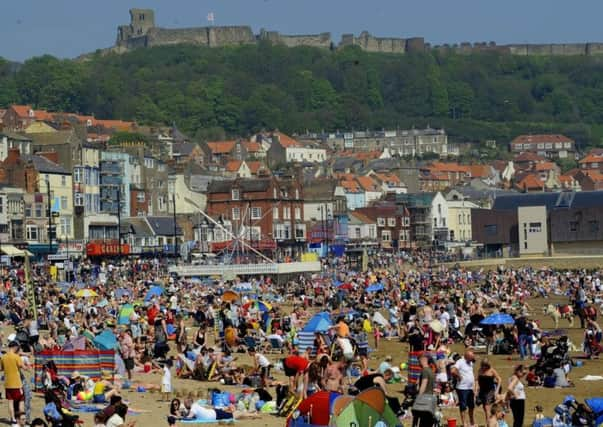Yorkshire's hotel sector shows signs of recovery - report


After creeping rises in the proportion of hotels in Yorkshire in the overall negative band over the last eight months, June saw the first month-on-month fall since September last year. The sector now has 31.6 per cent of hotels at higher than normal risk regionally, only slightly above the national figure of 31 per cent.
Of the 677 active hotels in Yorkshire, 214 are identified as being at higher than normal risk.
Advertisement
Hide AdAdvertisement
Hide AdMany of the other 11 regions surveyed across England, Wales, Scotland and Northern Ireland, put in considerably weaker performances with the South West, the East Midlands and Scotland the parts of the UK with the highest proportions of hotels at greater than normal risk of insolvency.
Looking at other parts of the hospitality sector, Yorkshire pubs performed more strongly than the national average with just 31.5 per cent at higher than normal risk compared with 33 per cent across the UK; and restaurants also compared well with 31.6 per cent in the overall negative band regionally, below the national figure of 32.5 per cent.
Eleanor Temple, chair of R3 in Yorkshire and a barrister at Kings Chambers in Leeds, said: “The hospitality sector’s risk levels are steadying, possibly helped by falling inflation easing pressure on consumers’ pay packets.
“It’s been a tough time for the region’s hotels so it’s good news that we’re seeing levels of distress starting to level off after months of rises.
Advertisement
Hide AdAdvertisement
Hide Ad“While the retail sector has been suffering, there is much talk of the ‘experience economy’ as people choose to spend on leisure activities rather than on clothes and furniture which, of course, is likely to benefit the region’s hotels, restaurants and pubs.”